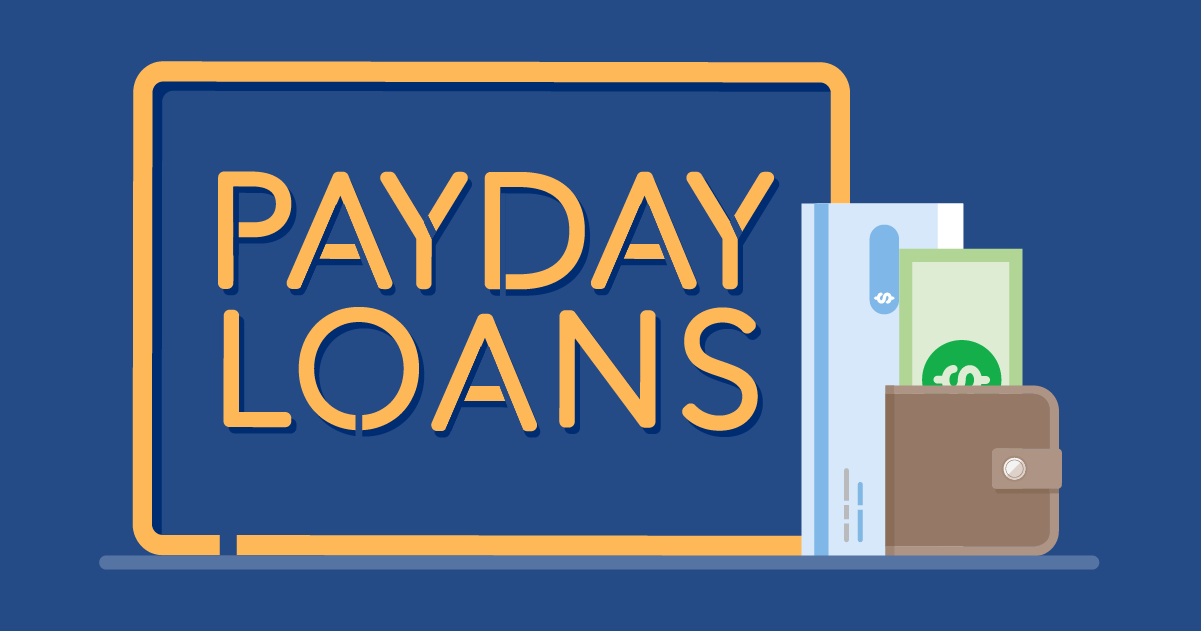There may come a time in your life when you need financial help in the form of a loan, especially if you’re struggling to make ends meet. Short-term loans are some of the most commonly used when it comes to accessing additional finance quickly. Payday loans are an example of this and should only be used when you’re faced with an emergency expense that you cannot cover yourself. Below, we’ll look at this type of loan in more detail, including the terms and conditions and factors to think about.
Payday loans: Defined
Payday loans are a type of short-term loan that is typically due on the borrower’s next payday. They are often used to cover unexpected expenses when a borrower’s current income does not stretch to cover them. While payday loans can be a convenient and quick way to access cash, it’s important to understand the terms and conditions before applying.
Interest rates
One of the key terms of a payday loan is the interest rate. Payday loans typically have much higher interest rates than traditional loans from banks or credit unions. This is because they are considered to be high-risk loans and the lender wants to compensate for that risk. The annual percentage rate (APR) on a payday loan can be as high as 400% or more. This means that if you borrow $100 for two weeks, you may end up paying back as much as $120 or more.
Terms and fees
Another important term to understand is the loan term. Payday loans are typically due on the borrower’s next payday, which is usually two to four weeks. Some lenders may offer longer loan terms, but these will typically come with higher fees and interest rates. Along with this are the fees associated with payday loans. Many lenders charge fees for processing the loan application, as well as additional fees if the loan is not paid back on time. These fees can quickly add up and make the loan much more expensive than it initially seemed.
Repayment period
One of the most important terms of a payday loan is the repayment schedule. It is important to understand the repayment schedule before taking out a loan and make sure it is something you can afford. Some payday lenders will automatically withdraw the loan amount plus fees from your checking account on the due date, while others may give you the option to pay in cash or by check.
What happens if you can’t repay your loan?
Finally, it is important to understand the consequences of not being able to repay a payday loan. If you are unable to repay the loan on time, this is referred to as default. The lender may charge additional fees and interest and may even take legal action against you. This can lead to wage garnishment, bank account garnishment, and even a lawsuit.
In conclusion, payday loans can be a convenient way to access cash quickly, but they come with high fees and interest rates and can be quite risky if not used responsibly. It is important to understand the terms and conditions of a payday loan before applying, including the interest rate, loan term, fees, repayment schedule and consequences of non-repayment. Additionally, borrowers should consider alternative options for obtaining funds and consider their ability to repay the loan before applying for one.
